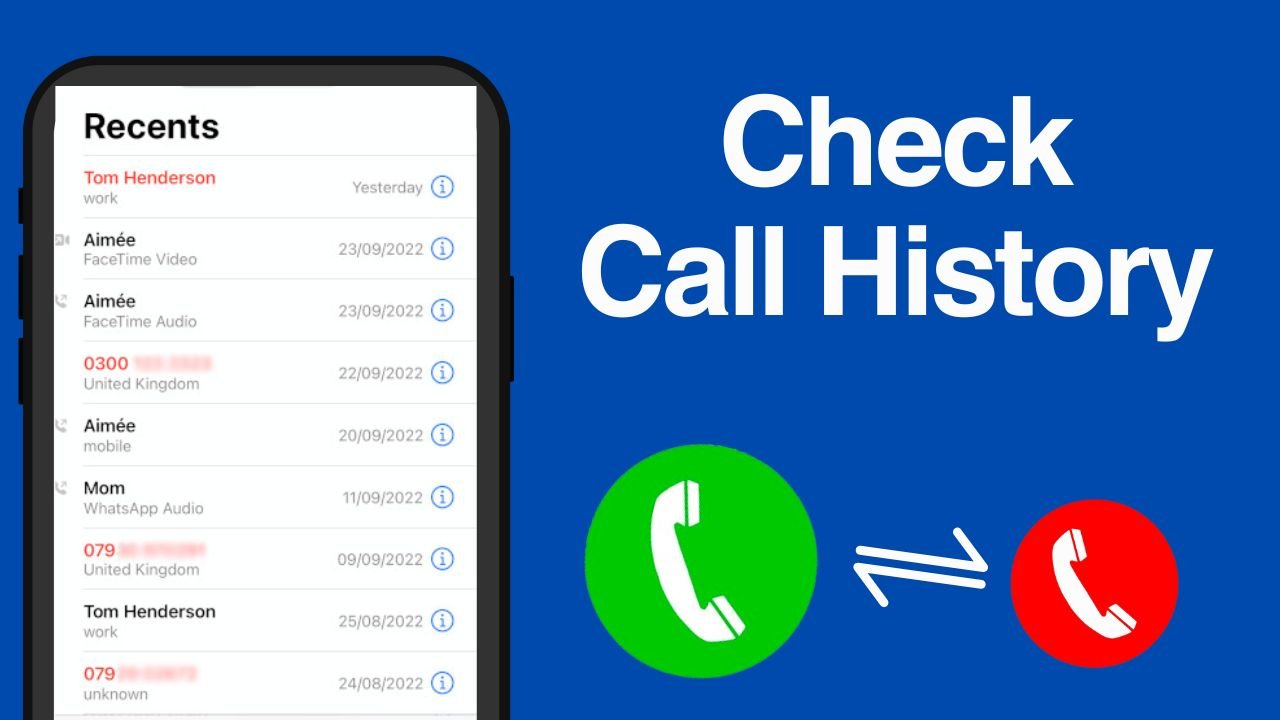Call History: Accessing call history can be a crucial aspect of managing communication records for various reasons, whether it’s for personal organization, business purposes, or legal matters. Knowing how to access call history efficiently and securely is essential. In this guide, we’ll explore different methods and platforms for accessing call history while ensuring privacy and legality.
Understanding Call History:
Call Details
Call history typically refers to a log of incoming, outgoing, and missed calls on a mobile device or a landline phone. It includes details such as the caller’s number, call duration, and timestamp. Accessing call history can vary depending on the type of device and service provider.
Methods to Access Call History:
- Mobile Devices:
- Android: On Android devices, accessing call history is straightforward. Simply open the Phone app and navigate to the Call History or Recent Calls section. Here, you can view a list of recent calls along with details.
- iOS (iPhone): Similarly, on iPhones, access the Phone app and tap on the Recents tab at the bottom. This will display a list of recent calls made, received, or missed.
- Online Account Management:
- Many service providers offer online account management portals where users can log in and access detailed call logs. This method allows users to view call history from any device with internet access.
- Log in to your account on the service provider’s website and navigate to the section dedicated to call history or usage details. From there, you can usually view and download call logs.
- Call Detail Records (CDRs):
- For businesses or organizations managing multiple phone lines, accessing call history may involve obtaining Call Detail Records (CDRs) from the service provider.
- CDRs contain detailed information about every call made, including timestamps, phone numbers involved, and call duration. These records are often used for billing purposes and can be requested from the service provider.
- Third-Party Apps and Software:
- There are various third-party apps and software solutions available that claim to provide detailed call history analysis and management. However, users should exercise caution and ensure the legitimacy and security of such applications before use.
Legal and Privacy Considerations:
Accessing call history, especially for purposes other than personal use, may raise legal and privacy concerns. It’s essential to understand and adhere to relevant laws and regulations governing the collection and storage of call data, such as data protection laws and regulations like GDPR.
- Privacy: Ensure that accessing call history complies with privacy policies and regulations. Avoid unauthorized access to call logs, as it may violate privacy laws and compromise personal or sensitive information.
- Legal Compliance: Businesses and organizations should ensure compliance with applicable laws and regulations when accessing call history, especially for legal or regulatory purposes. Consult legal experts if necessary to ensure compliance with relevant laws.
Conclusion:
Accessing call history is a straightforward process that varies depending on the device and service provider. Whether for personal use or business purposes, understanding how to access call history can help individuals and organizations manage communication records effectively. By following legal and privacy guidelines, users can access call history securely and responsibly.
